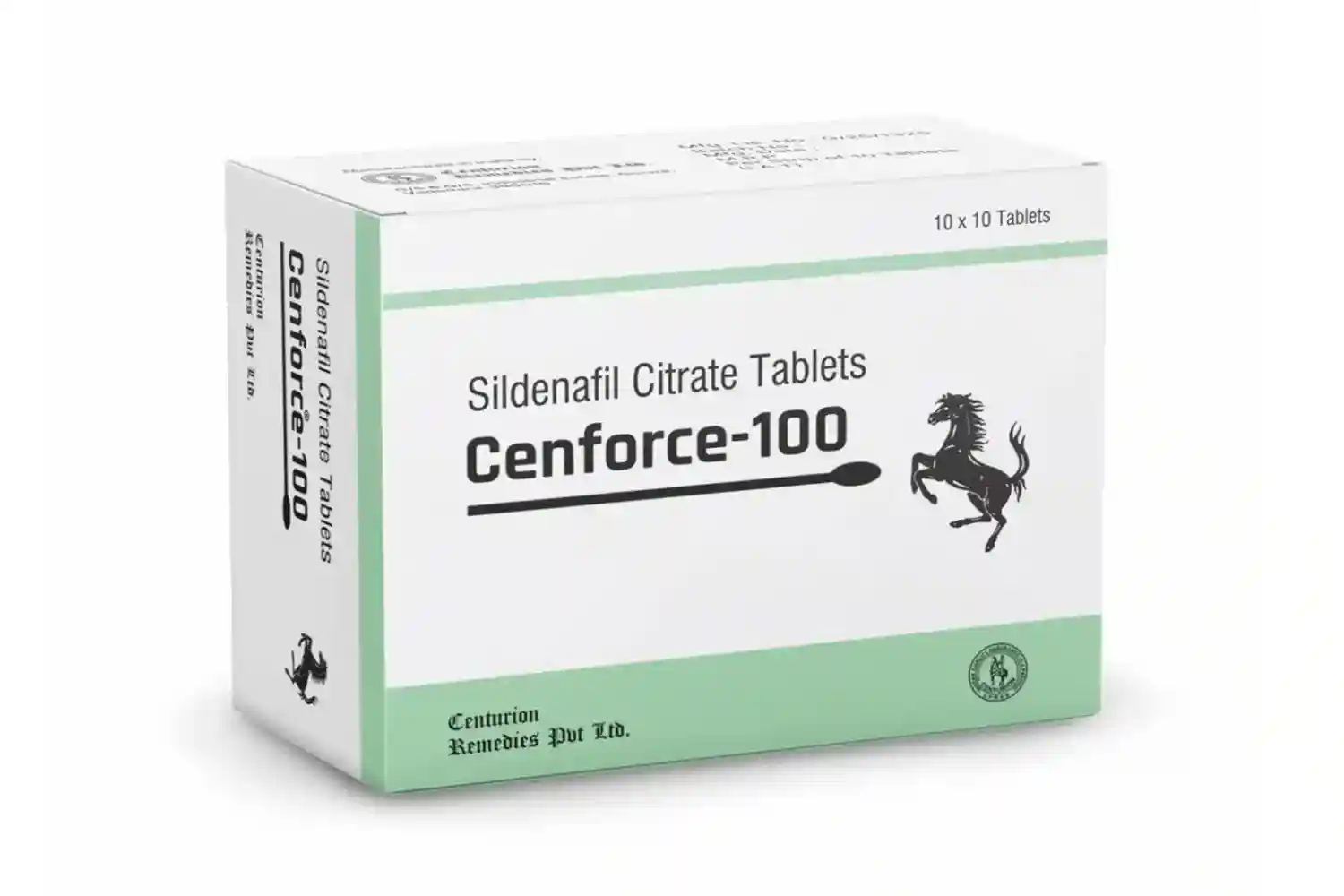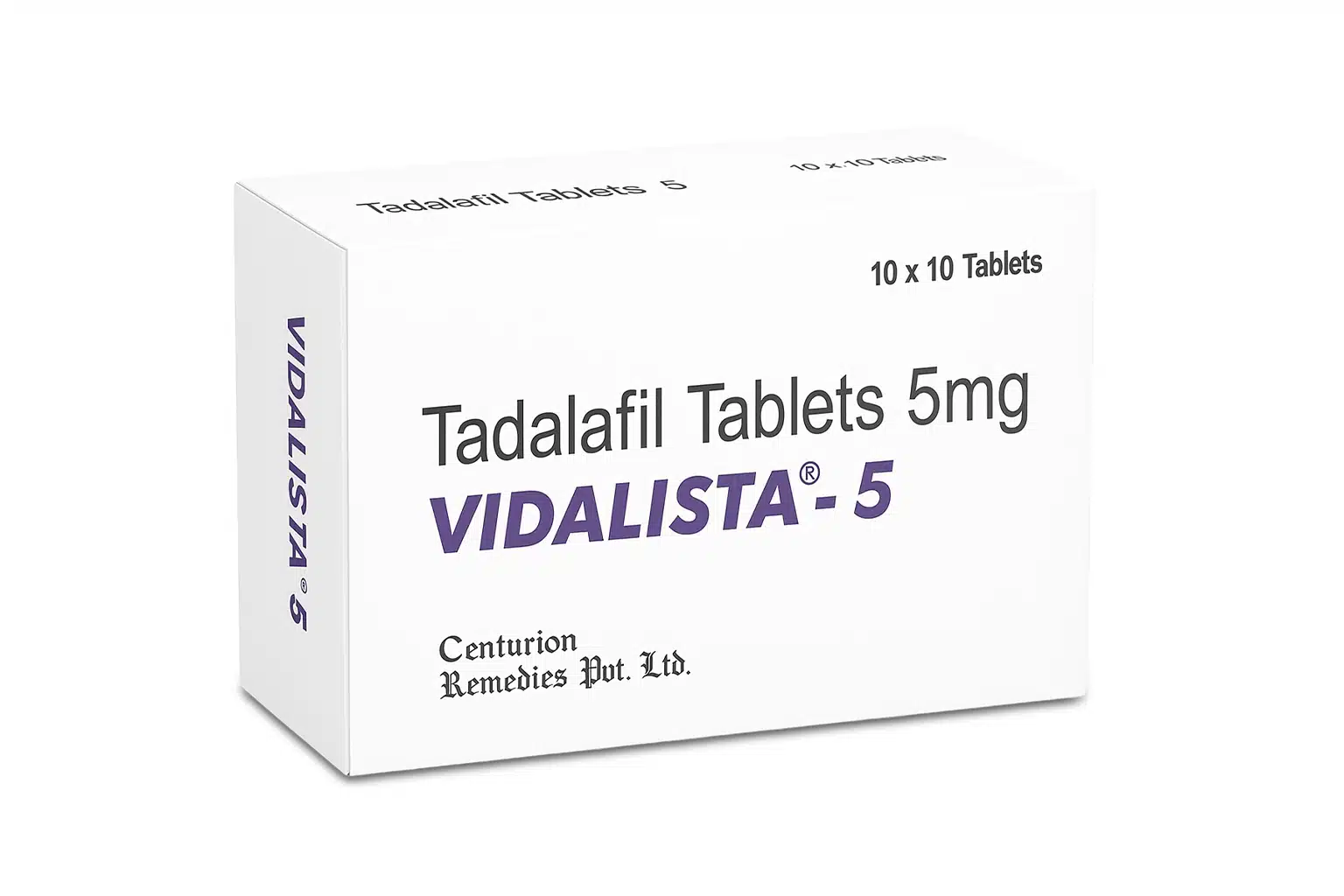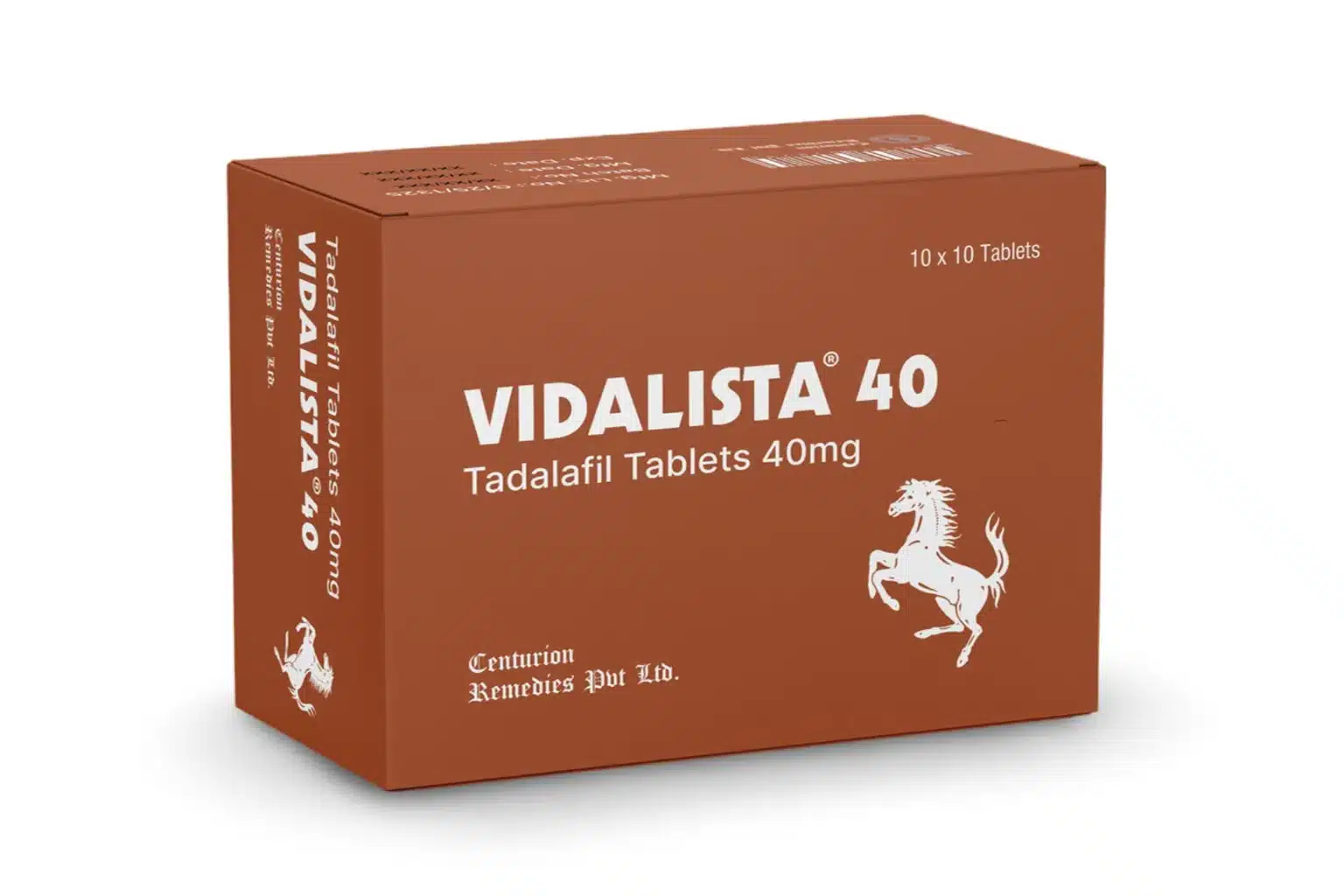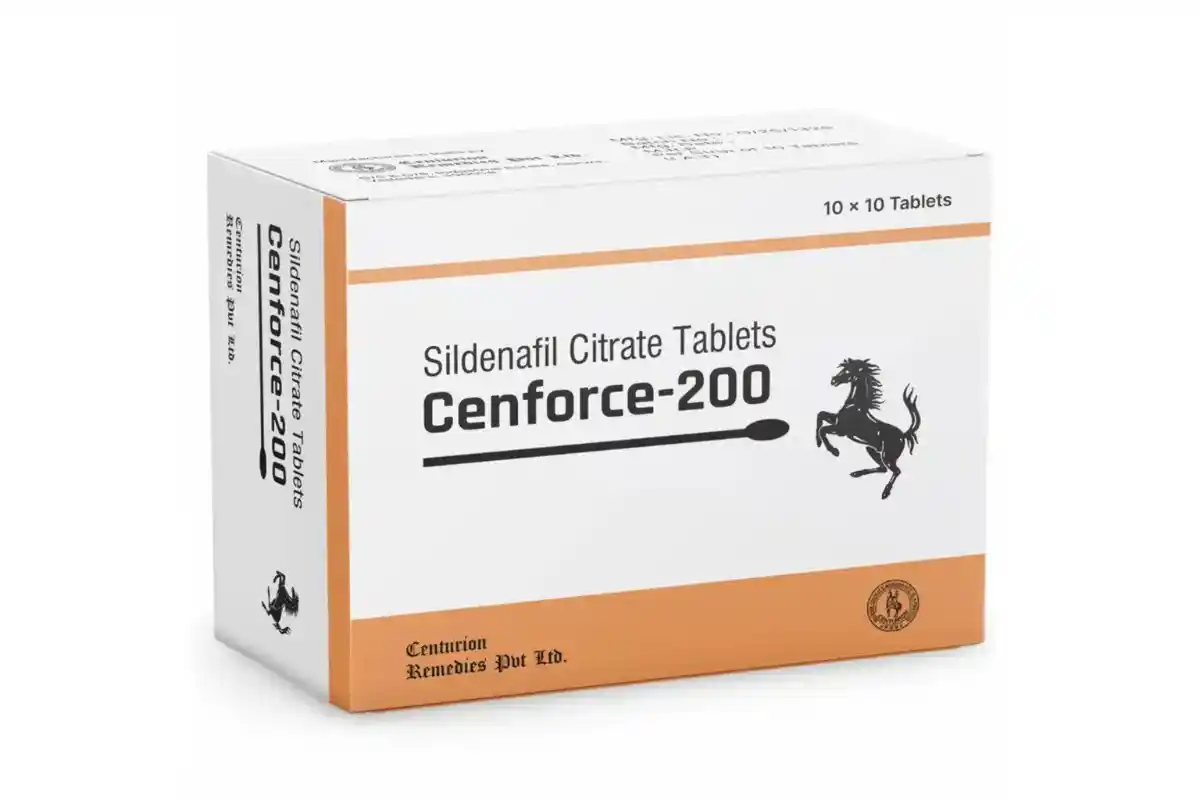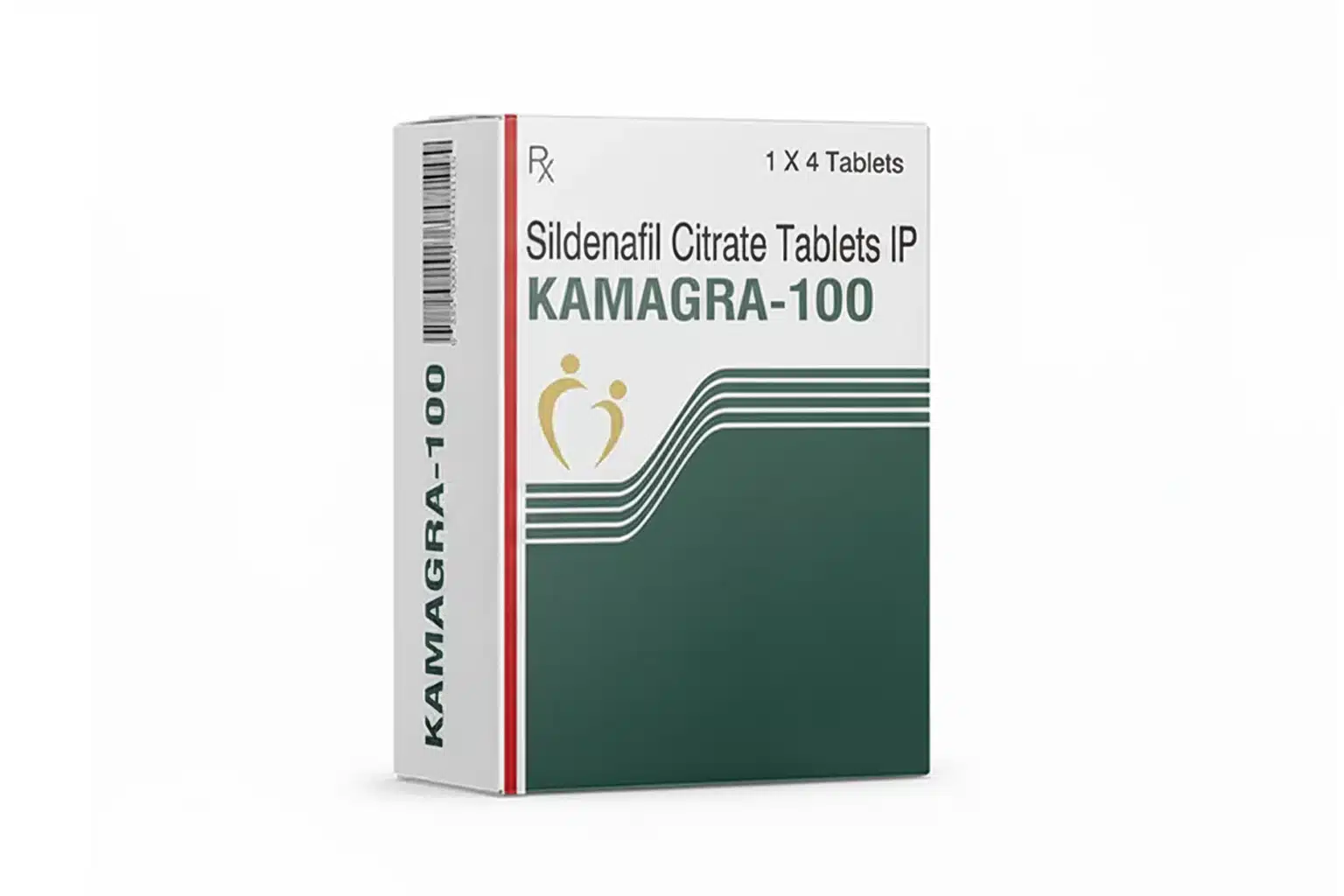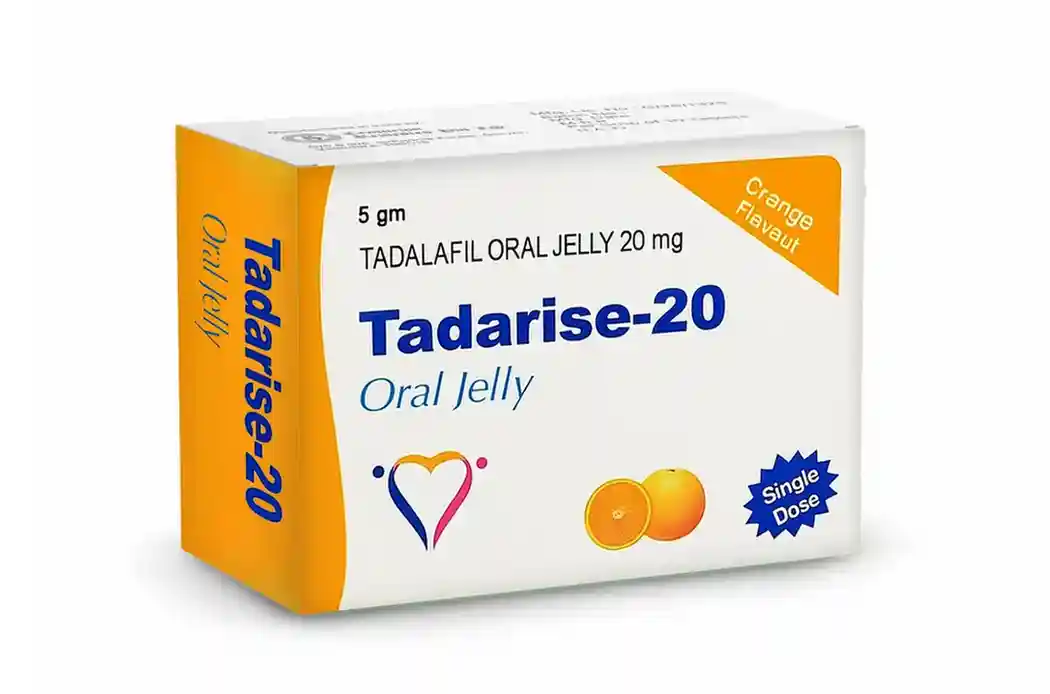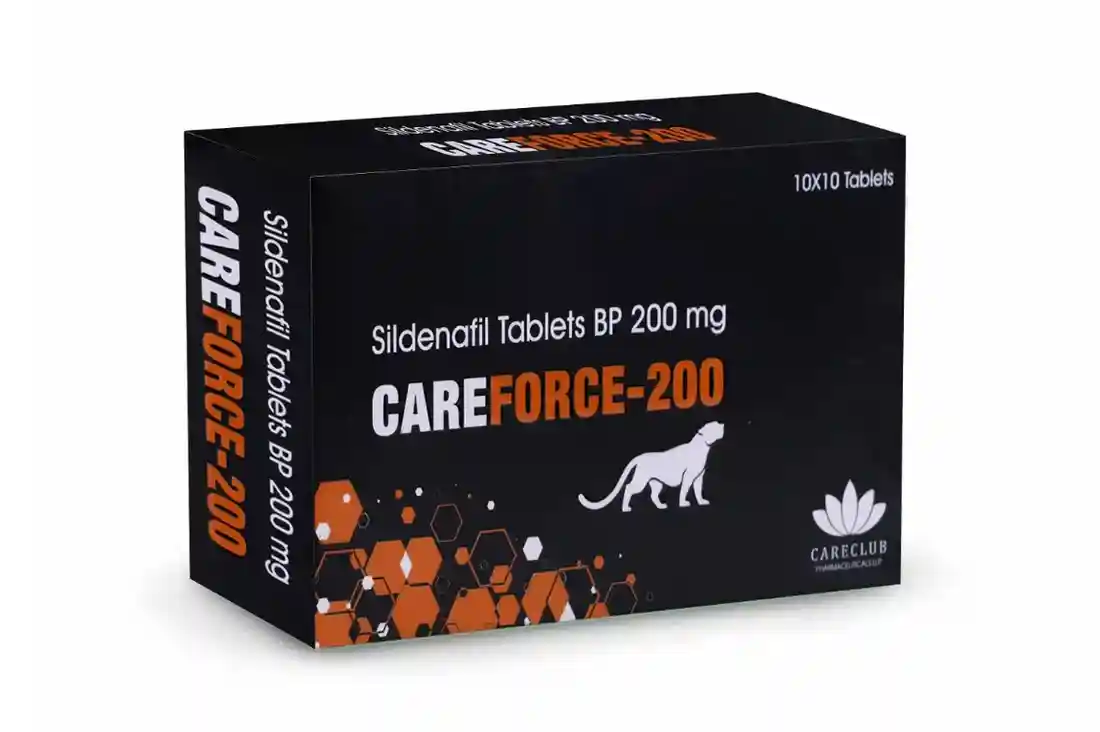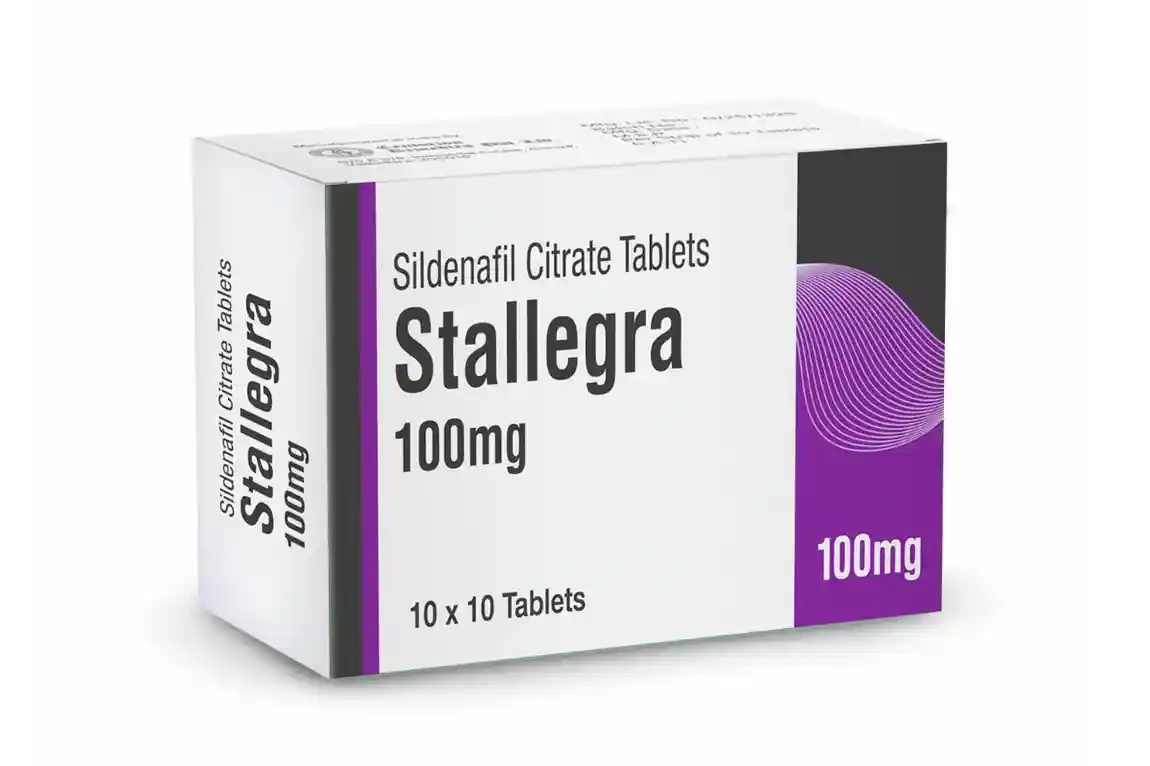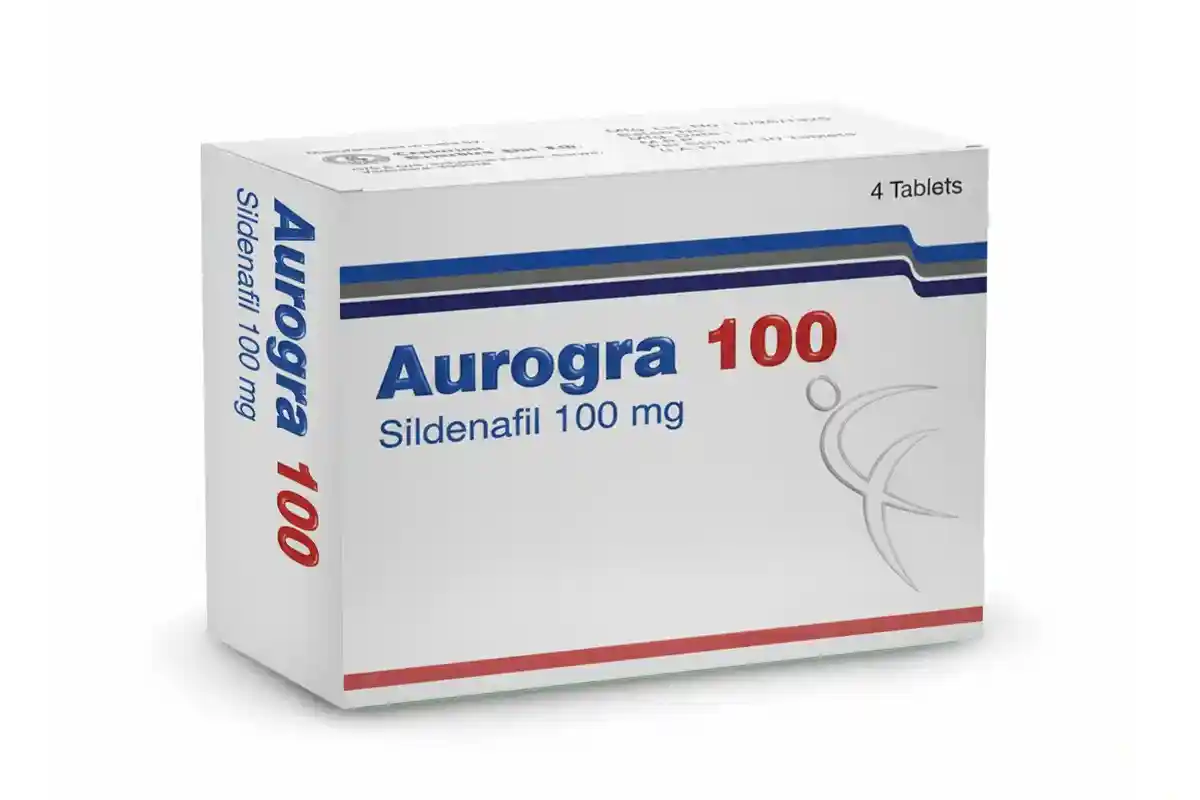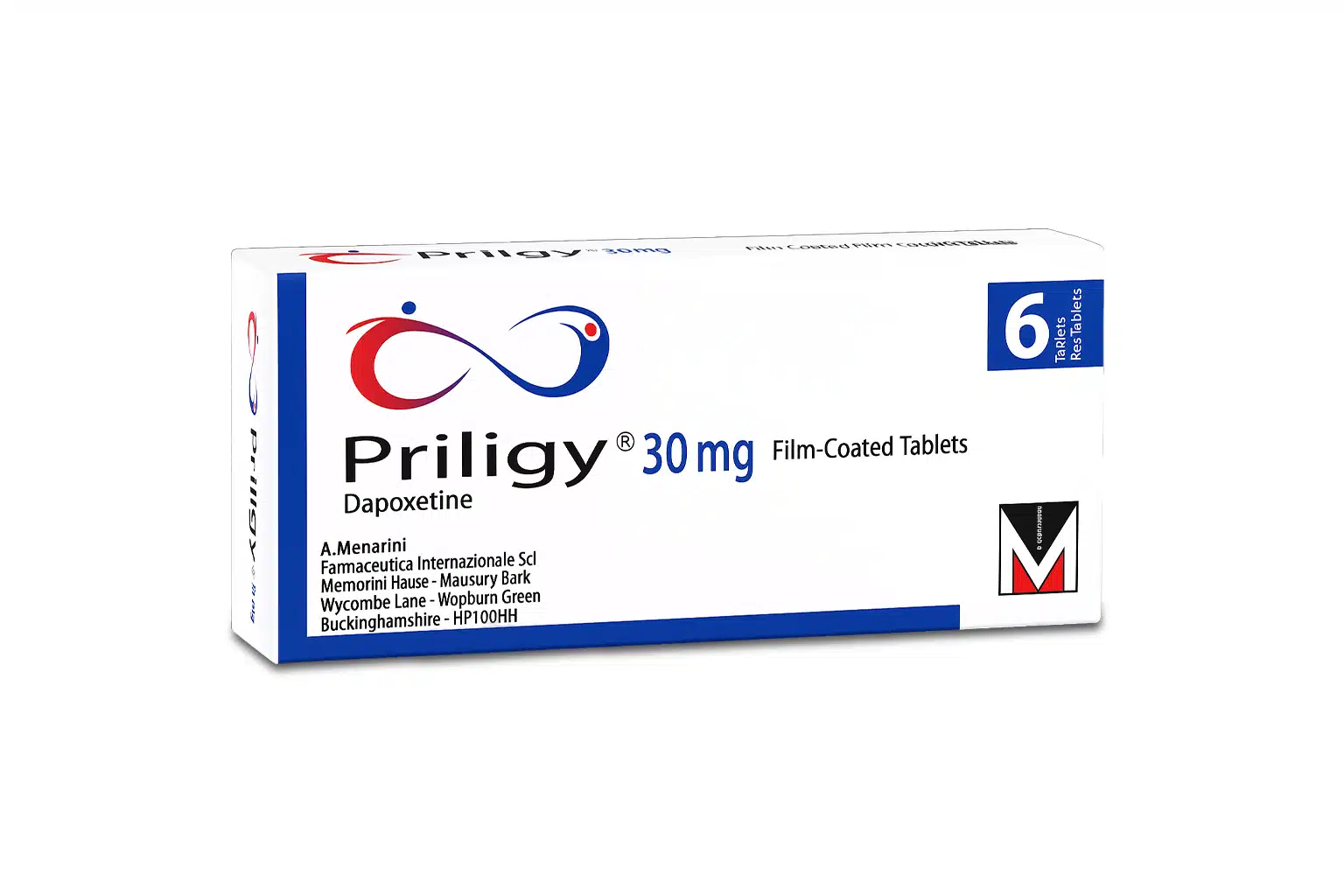ating culture has shifted. Profiles now signal self-care, emotional availability and honest communication — and that includes sexual health. No longer boxed into secrecy, men’s sexual health is becoming part of everyday wellness conversations. Some men still rely on short-term supports like prescription pills (for example, Vigora 100Mg in markets where it’s prescribed), but the bigger change is that men are treating sexual function as one part of overall wellbeing: sleep, fitness, stress management, and open conversation all matter. This is a new dating reality in which sexual wellness for men is not an afterthought but a proactive priority that improves intimacy and relationships.
Why the shift is happening now
Several trends make this moment different.
First, ED and other sexual problems are common — far more common than many assume — and they increase with age and comorbidity. Large reviews and clinical summaries show a substantial prevalence of erectile dysfunction worldwide and note strong links with cardiovascular and metabolic health. Recognizing that background helps normalize seeking care rather than hiding the problem.
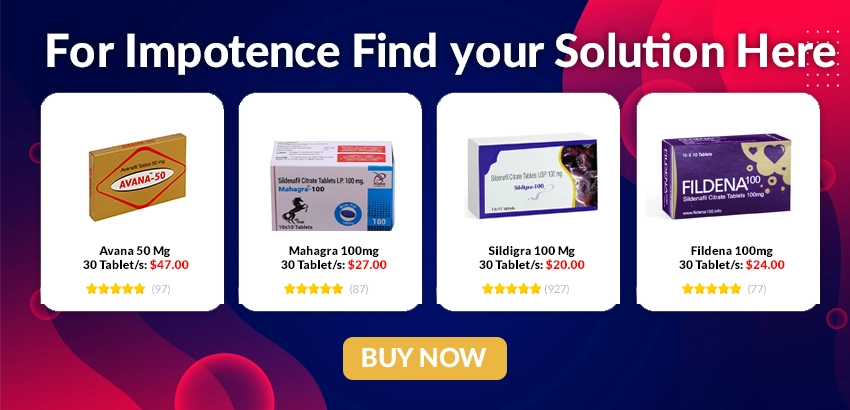
Second, the rise of telemedicine and direct-to-consumer platforms has changed access. Men who once felt embarrassed about an in-person clinic visit can now get confidential consultations, prescriptions, and follow-up online. That convenience lowers the activation energy to ask for help and to try evidence-based treatments under clinician guidance. Studies and reviews of telemedicine in sexual medicine document rapid adoption during and after the pandemic and describe how these services have broadened access for ED and related concerns.
Third, lifestyle research increasingly links daily habits to sexual function. Exercise, weight control, smoking cessation and limiting heavy alcohol intake have measurable effects on erectile performance. As men become more health-literate, they see sexual health as something they can influence, not merely a fate to accept.
Put together, these forces—better information, easier access, and actionable lifestyle steps—are changing what it means to date and be intimate today.
What “sexual wellness” looks like in practice
Sexual wellness for men is less about a single pill and more about a toolbox. That toolbox commonly includes:
- Medical options, used responsibly (for example, PDE5 inhibitors when appropriate).
- Lifestyle measures — steady exercise, balanced nutrition, regular sleep, and reduced alcohol and tobacco use.
- Mental-health work — therapy for anxiety or trauma, and techniques for managing performance anxiety.
- Communication skills — clear, early conversations with partners about desires, pacing, and boundaries.
When combined, these elements reduce the pressure around performance and create space for better connection. Medication like a clinician-prescribed tablet can be a helpful part of that toolkit, but the long-term gains usually come from integrating medical care with lifestyle and relationship work.
How this improves intimacy and relationships
Prioritizing sexual wellness changes the dynamic between partners in clear ways:
- Men who address sexual concerns openly create fewer surprises and misunderstandings. That transparency builds trust.
- Removing chronic performance anxiety frees attention to pleasure and closeness, which often deepens intimacy.
- Shared problem-solving—seeing sexual wellness as mutual work—improves sexual satisfaction and relationship resilience.
In short, sexual wellness fosters conditions for more honest communication and better sex, which feeds back into relationship stability.
Best Seller
-
Cenforce 100 Mg
Best Seller$24.00 – $215.00Price range: $24.00 through $215.00Rated 4.50 out of 5Shop Now This product has multiple variants. The options may be chosen on the product page -
Vidalista 5 Mg
best sellers$18.00 – $182.00Price range: $18.00 through $182.00Rated 4.00 out of 5Shop Now This product has multiple variants. The options may be chosen on the product page -
Vidalista 40 Mg
Best Seller$28.00 – $276.00Price range: $28.00 through $276.00Rated 4.00 out of 5Shop Now This product has multiple variants. The options may be chosen on the product page -
Cenforce 200 Mg
best sellers$31.00 – $335.00Price range: $31.00 through $335.00Rated 4.00 out of 5Shop Now This product has multiple variants. The options may be chosen on the product page -
Cenforce Fm
best sellers$33.00 – $218.00Price range: $33.00 through $218.00Rated 4.00 out of 5Shop Now This product has multiple variants. The options may be chosen on the product page -
Kamagra 100 mg
best sellers$24.00 – $125.00Price range: $24.00 through $125.00Rated 5.00 out of 5Shop Now This product has multiple variants. The options may be chosen on the product page -
Fildena 100 mg
best sellers$24.00 – $244.00Price range: $24.00 through $244.00Rated 4.00 out of 5Shop Now This product has multiple variants. The options may be chosen on the product page -
Malegra Oral Jelly 100 Mg
best sellers$8.00 – $44.00Price range: $8.00 through $44.00Rated 5.00 out of 5Shop Now This product has multiple variants. The options may be chosen on the product page -
Super Kamagra Oral Jelly
best sellers$25.00 – $120.00Price range: $25.00 through $120.00Rated 4.00 out of 5Shop Now This product has multiple variants. The options may be chosen on the product page -
Tadarise Oral Jelly
best sellers$19.00 – $72.00Price range: $19.00 through $72.00Rated 4.00 out of 5Shop Now This product has multiple variants. The options may be chosen on the product page -
Careforce 200 Mg
best sellers$29.00 – $332.00Price range: $29.00 through $332.00Rated 5.00 out of 5Shop Now This product has multiple variants. The options may be chosen on the product page -
Stallegra 100 Mg
best sellers$88.00 – $224.00Price range: $88.00 through $224.00Rated 5.00 out of 5Shop Now This product has multiple variants. The options may be chosen on the product page -
Exclusive
Aurogra 100 Mg
best sellers$29.00 – $76.00Price range: $29.00 through $76.00Rated 4.00 out of 5Shop Now This product has multiple variants. The options may be chosen on the product page -
Priligy 30 mg
best sellers$22.00 – $156.00Price range: $22.00 through $156.00Rated 4.50 out of 5Shop Now This product has multiple variants. The options may be chosen on the product page
The role of pills like Vigora 100Mg — useful, not miraculous
Prescription medications remain a legitimate and effective part of care for many men. Drugs in the PDE5 inhibitor family (sildenafil being the prototypical example) reliably improve erectile function for a majority of men when used appropriately, and they can provide immediate, predictable support while longer-term changes (lifestyle, therapy) take hold. Authoritative medical sources summarize the mechanism, benefits and common side effects of these drugs and underscore the need for medical oversight (for example, avoiding nitrates).
Important caveat: medication should be prescribed after considering cardiovascular risks, concomitant medicines, and realistic expectations. When used that way, pills are a practical tool in a broader plan rather than a sole solution.
Younger men and a new baseline for openness
Millennial and Gen Z men, shaped by online health conversations and telemedicine, are more comfortable seeking help early. They are used to researching, comparing options, and getting virtual care. This makes it easier to deal with problems before they get too bad. It also changes what people expect from dating: potential partners now expect people to be open about their sexual health and see asking for help as a responsible thing to do instead of something to be ashamed of.
However, older men getting back into dating often feel the need to deal with problems that have been around for a long time because they want new relationships to be stable and open.
Persistent barriers and how to navigate them
Progress is real, but obstacles remain: stigma still exists in some communities; misinformation and unregulated online sellers pose risks; cost and uneven access limit options for many. Practical steps to navigate these barriers include:
- Use reputable telehealth services or a known clinic; avoid unverified sellers.
- Combine short-term medical options with lifestyle changes and, when needed, therapy.
- Discuss sexual health with a clinician who can screen for cardiovascular or hormonal contributors rather than relying only on internet advice.
What the near future looks like
Expect a more integrated approach: data from wearables, personalized care plans, and better couple-focused services. Technology will make discreet follow-up easier, while ongoing education will continue to normalize asking for help. The overall effect is likely to be healthier, more honest dating dynamics where sexual function is part of overall wellness rather than a secret to manage alone.
Conclusion
Dating today rewards preparation and honesty. Men who prioritize sexual wellness for men—by combining sensible medical care (when needed), lifestyle improvements, mental-health work, and open communication—show up more confident and connected. That benefits not just individual performance but deeper intimacy and relationships. Prescription options such as Vigora 100Mg, when appropriately prescribed, have their place; the lasting gains, however, come from treating sexual health like any other area of wellbeing.
FAQs
1. Is sexual wellness the same as treating ED?
No. Sexual wellness is a broader term that includes mental, physical, and relational health. Treating ED is one part of that bigger picture of health.
2. Is Vigora 100Mg a first-line option?
Many men use them and they work for a lot of them, but the best approach is to combine medical evaluation with lifestyle and mental health strategies. Always talk to a doctor. Mayo Clinic
3. Does working out really help with erectile function?
Yes. Several studies show that being active lowers the risk of erectile dysfunction (ED) and improves outcomes, especially when combined with weight loss and quitting smoking. Lippincott PubMed
4. Has telemedicine really made sexual health care better?
Yes, telemedicine and direct-to-consumer platforms made it easier for men to get private care for ED and other related problems. Studies and reviews of telemedicine in sexual medicine show that this change is happening. PMC WJMH

